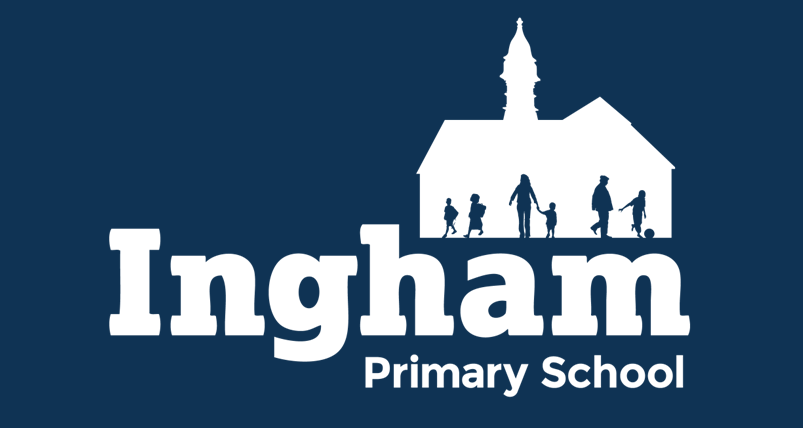Computing
So how does our Curriculum Vision become a reality? Find out about the teaching of Computing at our school here.
Intent
Technology is changing the lives of everyone. Through teaching Computing, we equip our children to participate in a rapidly changing world where work and leisure activities are increasingly transformed by technology.
It is our intention to enable children to find, explore, analyse, exchange and present information. We also focus on developing the skills necessary for children to be able to use information effectively.
Computing skills are a major factor in enabling children to be successful, confident, creative and independent learners and it is our intention that children have every opportunity available to allow them to achieve this.
With technology playing such a significant role in society today, we believe ‘Computational thinking’ is a skill children need to be taught if they are to be able to participate effectively and safely in this digital world. This equips them to use creativity to understand and change the world. Computing has deep links with mathematics, science, and design and technology, and provides insights into both natural and artificial systems. At Ingham Primary School, pupils are introduced to a wide range of technology, from iPads, Chromebooks and laptops to devices for recording images, video and sound, allowing them to continually practice and improve the skills they learn. This ensures they become digitally literate so that they are able to express themselves and develop their ideas through information and computer technology at a level suitable for the future workplace and as active participants in a digital world.
We teach a curriculum that enables children to become effective users of technology who can:
- Understand and apply the essential principles and concepts of Computing, including logic, algorithms and data representation;
- Analyse problems in computational terms, and have repeated practical experience of writing computer programs in order to solve such problems;
- Evaluate and apply information technology analytically to solve problems;
- Communicate ideas well by utilising appliances and devices throughout all areas of the curriculum.
- Use IT safely, making safe and considered choices
Implementation
Ingham Primary School have adopted the ‘Teach Computing’ Curriculum developed by The National Centre for Computing Education in partnership with the DfE. Run by a consortium made up of STEM Learning, the Raspberry Pi Foundation and BCS, The Chartered Institute for IT, their vision is to achieve a world-leading computing education for every child in England; this mirrors our own ambitions.
The high quality and evidence-based Teach Computing Curriculum, content is created by the NCCE’s expert computing teachers, and is based on extensive research and feedback from a wide range of practising teachers.
Launched in August 2020, The Teach Computing Curriculum is designed to enable computing to be taught in an effective and engaging way. The units of work contain all teachers need to deliver this whilst allowing us to adapt the teaching materials to suit our own setting and learners.
Impact
Our Computing curriculum is high quality, evidenced based and is planned to demonstrate progression. If children are keeping up with the curriculum, they are deemed to be making good or better progress. In addition, we measure the impact of our curriculum through the following methods:
- A reflection on standards achieved against the planned outcomes
- Children can understand and apply the fundamental principles and concepts of computer science, including abstraction, logic, algorithms and data representation;
- Children can analyse problems in computational terms, and have repeated practical experience of writing computer programs in order to solve such problems;
- Children can evaluate and apply information technology, including new or unfamiliar technologies, analytically to solve problems;
- Children are responsible, competent, confident and creative users of information and communication technology.
- Pupil discussions about their learning;
